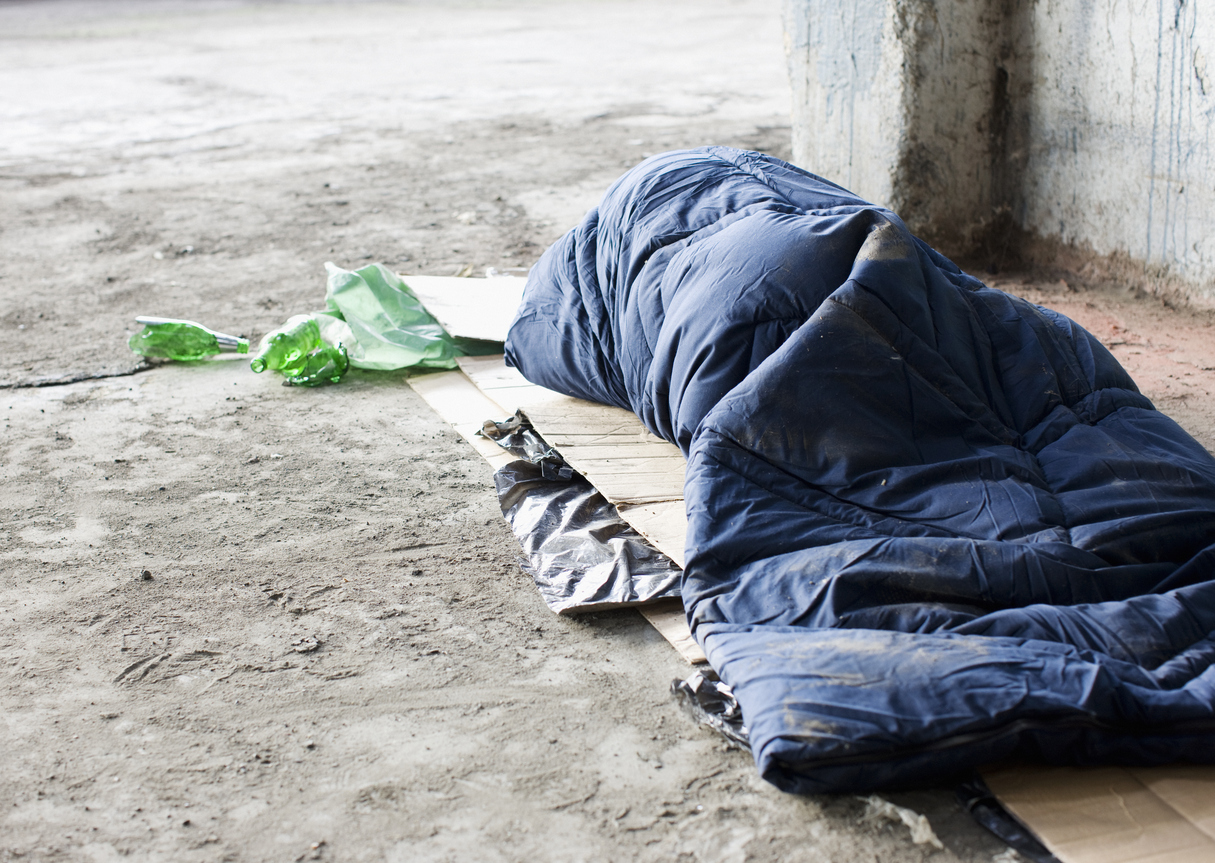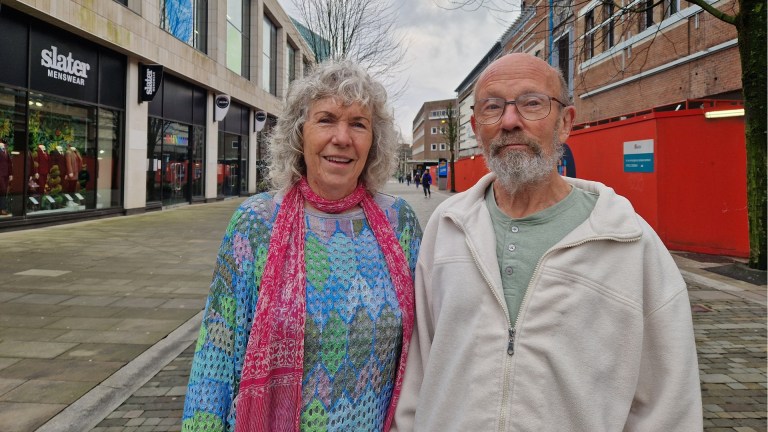In some cases the eight-week time limit for councils to find a way to prevent someone’s homelessness or lift them out of it was missed, including people with mental and physical disabilities, people fleeing domestic violence and single parents.
Derek Bernardi, a lawyer at Camden Law Centre, said Camden Council “told multiple sofa surfers that they are not homeless, but are only threatened with homelessness.” He told the Bureau about a woman he had represented who had been forced to sleep on a friend’s dining room floor along with her three teenage children.
Local authorities say homelessness services are facing a shortfall of £110m this year, because the £73m funding pledged by the government to cover the HRA – which must last three years and cover 326 councils – isn’t enough. Around 5,500 households approach councils for homelessness support every week.
Freedom of Information requests lodged by Bureau journalists returned figures showing that housing officers in Islington had 80 cases each on one day in August.
In some cases councils will offer mediation with someone’s previous landlord or host, which can have a negative impact on a person’s situation.
Youth homelessness charity Centrepoint said this mediation is often put on the table when a young person tries to register as homeless.
“The aim of this is to get the child back in their family home rather than to patch up the relationship and act in the best interest of the child,” Grace Ogunyemi said on behalf of the charity. “Parents often claim to councils that the child can move back in when in reality the child has no access to the property.” This means the young person can’t receive benefits or help from the council.
Polly Neate, chief executive of Shelter, said: “It has been over a year since this the Homelessness Reduction Act was introduced as a bold new approach to helping ease homelessness but unfortunately, all evidence suggests it is massively falling short.
“Shelter staff on the frontline of our housing emergency say many councils are often failing to meet basic requirements to provide timely, tailored support – often due to a sheer lack of resource. But there is a more fundamental issue undermining the Act’s success and that is that there simply aren’t enough social homes available for councils to put people in.
“The Act in itself was never going to ease homelessness unless it was coupled with a major social housebuilding effort, to provide the homes to put homeless people in. If the government really wants to reduce the number of people facing the misery of homelessness then it must build three million social homes over the next 20 years.”










